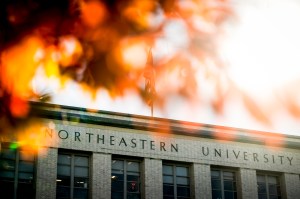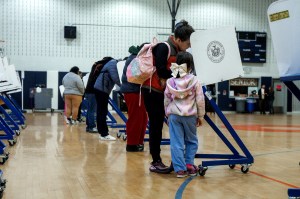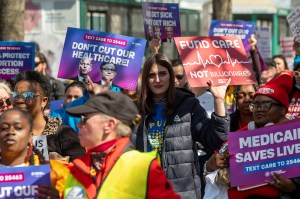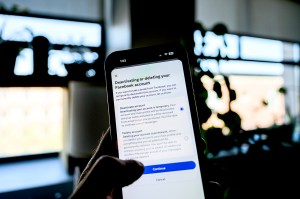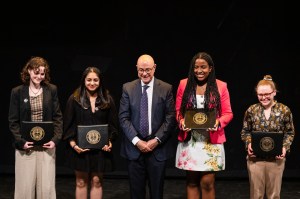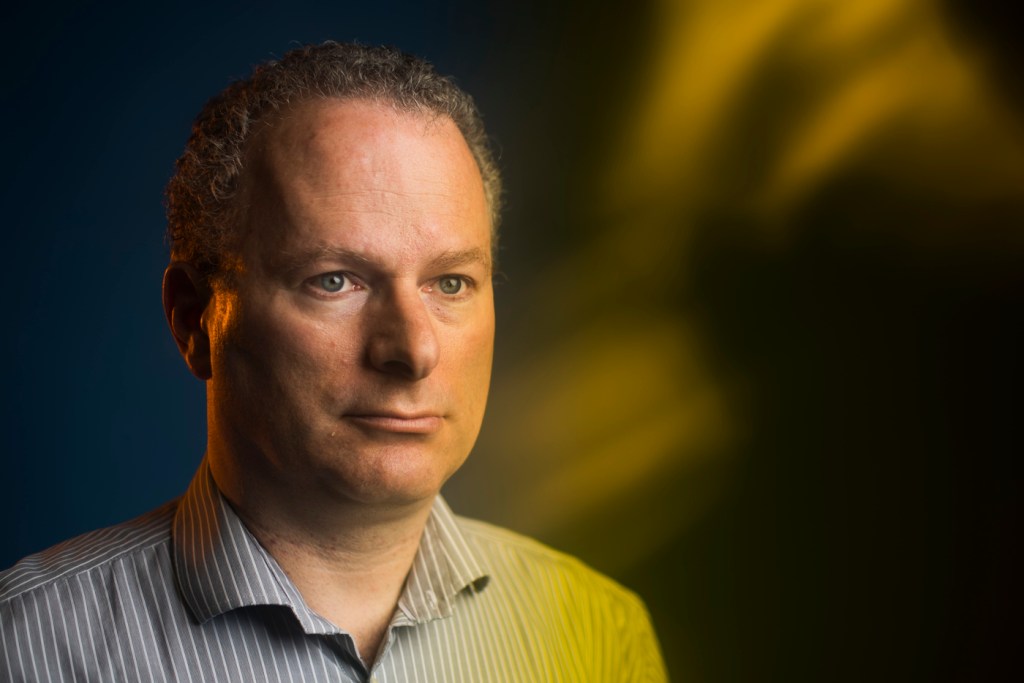
David
Lazer
Distinguished Professor of Political Science and Computer and Information Sciences
Expertise
COVID-19, Election 2020, governance, how the patterns of institutional relations yield functional or dysfunctional systems, midterm elections, network science, Novavax, pandemic, Political science, public health, Resiliency, social networks, technology and its use in communication, Twitter and mood of the nation, Variants
David Lazer in the Press

Survey: Debt and discrimination head up American concerns for higher ed
David Lazer, another study researcher and a Northeastern political science and computer sciences professor, highlighted that while half the survey population disapproved of Trump’s threats to universities’ tax-exempt statuses, roughly 25% of people neither agreed nor disagreed.
Business Insider
No duh: Heavy social media use and irritability are correlated, new study says
Heavy social media use correlates to higher irritability, according to a study from Northeastern.

Fake News Still Has a Home on Facebook
“It’s a cat-and-mouse game,” said David Lazer, a professor at Northeastern University who has studied disinformation. “Wherever there’s a loophole in enforcement, it’s going to be a place that activity will go.”

After Jan. 6, Twitter banned 70,000 right-wing accounts. Lies plummeted.
While suspending Trump may have reduced misinformation by itself, the study’s findings hold up even if you remove his account from the equation, said co-author David Lazer, professor of political science and computer and information science at Northeastern University.
Nature.com
What we do — and don’t — know about how misinformation spreads online
The role of social-media platforms in abetting the spread of misinformation is shown in a research article by David Lazer, a political and computer scientist at Northeastern University in Boston, Massachusetts, and his colleagues.

Why Western democracy faces a nightmare made online
“People’s segregation remains incredibly high,” said David Lazer, a professor at Northeastern University who analyzed political polarization on Facebook.

Changing Meta’s algorithms did not help US political polarization, study finds
Together, the findings suggest that Facebook users seek out content that aligns with their views and that the algorithms help by “making it easier for people to do what they’re inclined to do,” according to David Lazer, a Northeastern University professor who worked on all four papers.

New study shows just how Facebook’s algorithm shapes conservative and liberal bubbles
“It’s not a grand scientific observation,” said David Lazar of Northeastern University, a co-author of the study. “We’d need more data to see and we’d need more crises.”

Deep dive into Meta’s algorithms shows that America’s political polarization has no easy fix
Together, the findings suggest that Facebook users seek out content that aligns with their views and that the algorithms help by “making it easier for people to do what they’re inclined to do,” according to David Lazer, a Northeastern University professor who worked on all four papers.

Here’s Why the Science Is Clear That Masks Work
David Lazer, a political scientist at Northeastern University, calculated that before vaccines were available, U.S. states without mask mandates had 30 percent higher Covid death rates than those with mandates.
